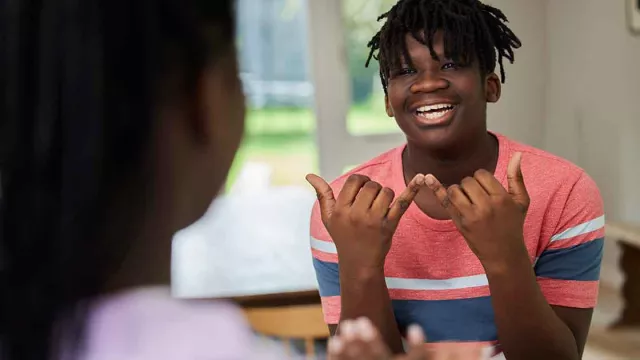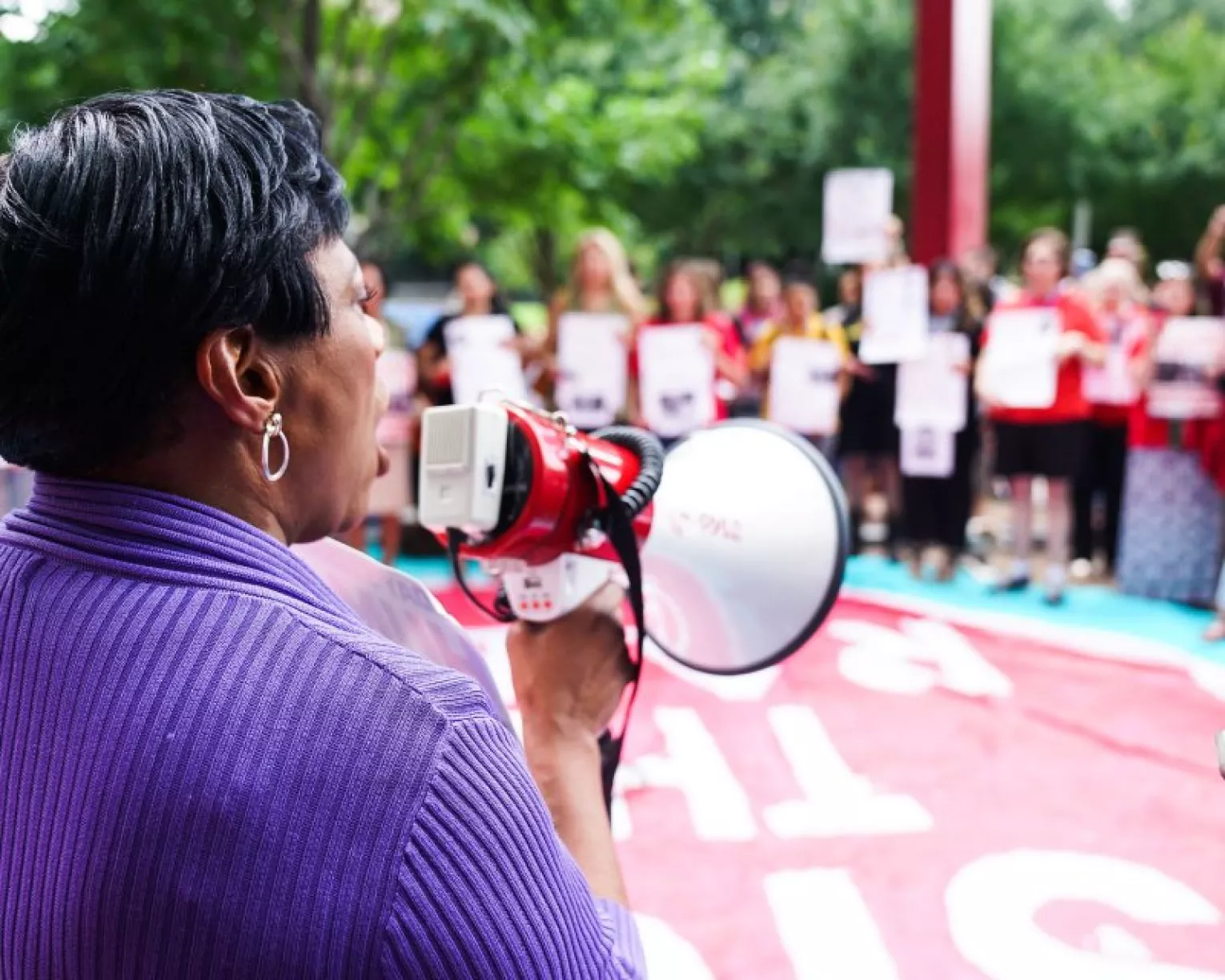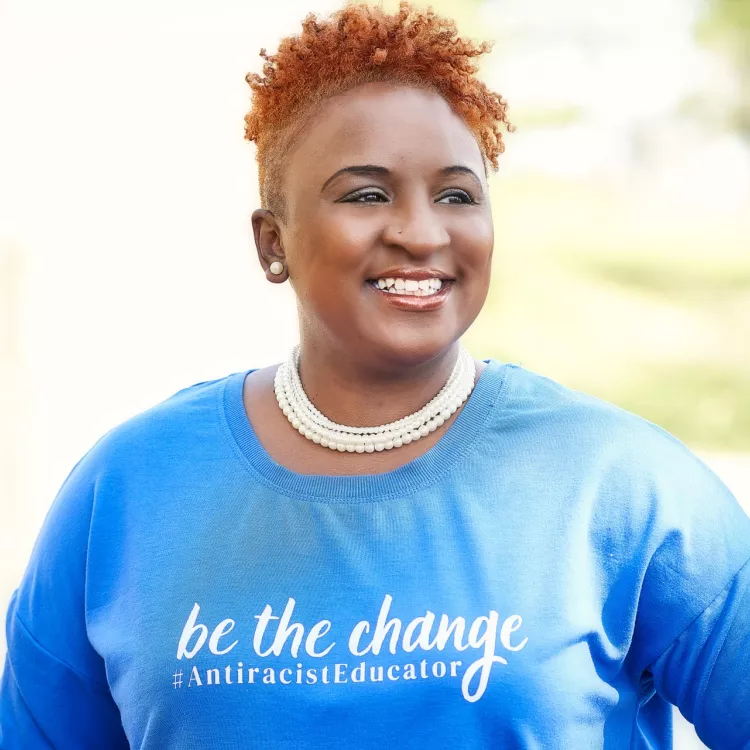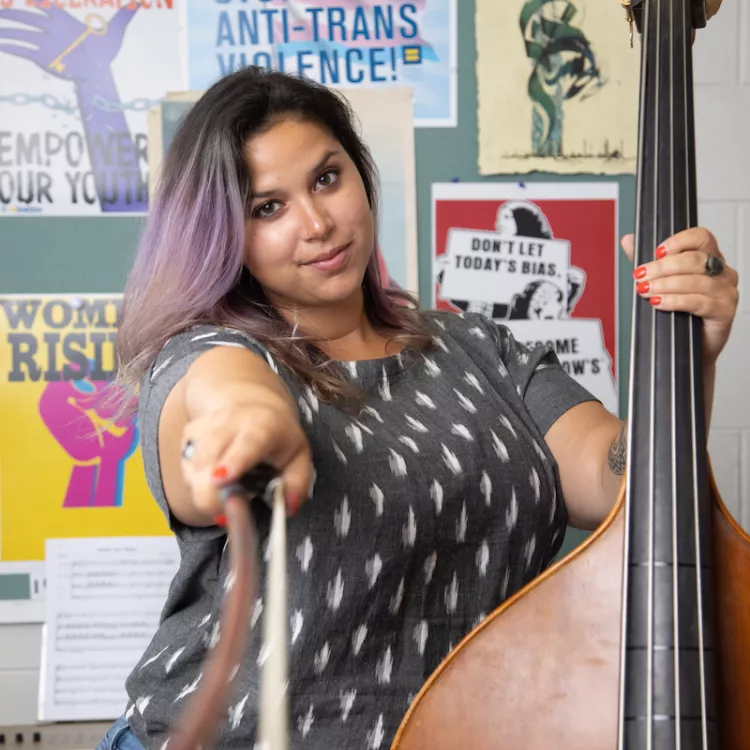How to use this toolkit
Most of us believe that every child, no matter what they look like or where they come from, deserves a safe, just, and welcoming school where they can thrive. But certain politicians try to divide us by sending police to monitor and punish Black and Brown students in schools that have been denied funding to even cover the basics, while ensuring well-resourced schools with mostly white students have enrichment activities, teacher training, and parent engagement.
By joining together across race and place, we can rewrite the rules to ensure every student—whether Black, Brown, or White—has up-to-date learning materials that give a full picture of our nation’s history, the support of educators who are prepared to foster dialogue on racial justice and its impact on students and communities, and a well-resourced school environment.
Section 2: Equal opportunity for all
Black Lives Matter at School
Across race and place, educators, parents and allies are coming together to ensure that every Black student and educator can live, grow and thrive with support, love and joy. The goal of Black Lives Matter at School is to spark an ongoing movement of critical reflection and honest conversation and impactful actions in school communities for people of all ages to engage with issues of racial justice.
Find stories, resources and ideas highlighting Black Lives Matter at School from across the country.
Support DIgnity & Fairness for Student Mistakes and Missteps

Implementing Restorative Practices

Restorative Practices Guide

Model School Code
Fostering Cross-Cultural Understanding
Supporting Ethnic Studies
Most of us want our neighborhood public schools to inspire imagination, cultivate curiosity and critical thinking, and ensure our children can live fulfilling lives. Students should not have to look much further than their own classes to find mentors or materials with roots in their own community.
Ethnic studies draws upon many disciplines to foster cross-cultural understanding. Educators, students, and parents are coming together to include voices and stories of the diverse ethnicities that have contributed to the history and culture of the United States to prepare students for understanding and impacting our complex world.
Resources
-
Learn what the research says about the value of ethnic studies.
-
Expand your capacity to students from diverse cultural and ethnic backgrounds with NEA’s cultural competency training.
-
The comprehensive 1619 Project informs and challenges us to reframe U.S. history and better understand the hold of institutional racism on our communities. (link to page or original source)
-
Read Historical Inaccuracies Are Barriers To Racial Justice
-
Laws that censor, punish educators, and deny students a full and honest education are harmful and unlawful. Read more.
Use Your Educator Voice.



